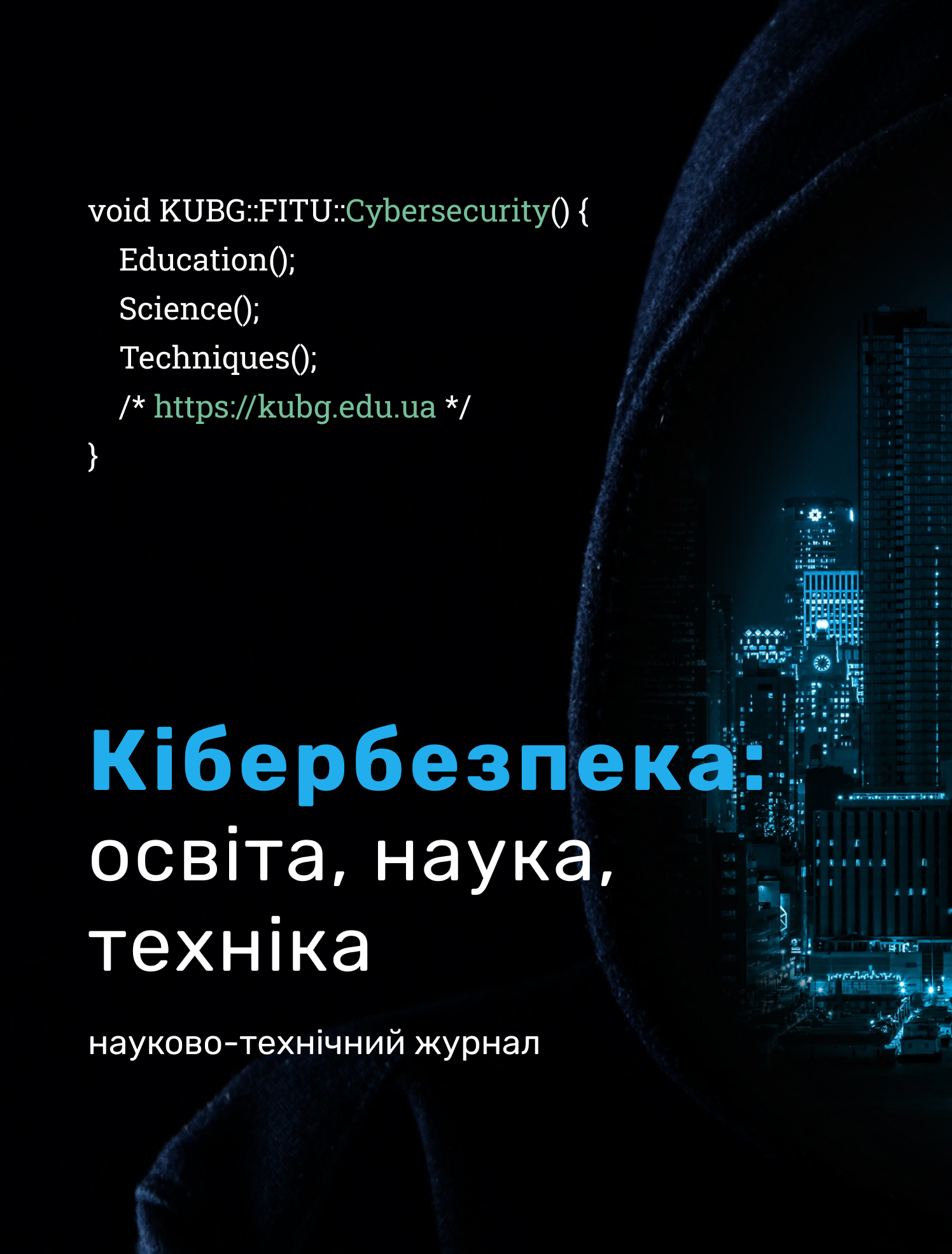VECTOR ALGEBRA FOR GAMEDEV
DOI:
https://doi.org/10.28925/2663-4023.2024.26.626Keywords:
Game Development, GameDev, Unity 3D, Vector Algebra, Vector, Math skills, Math in IT, Development SoftwareAbstract
The article highlights the importance of mathematical skills development among IT students for working with various software and Game Development (GameDev) in particular. It is the mathematical tools in the software code that realize the game scenes construction and displaying as well as the game characters’ behavior, movement and interaction correlated with events, game environment and rules. The objective of the article is to analyze the role of Vector Algebra application in the Game Development field using case studies to motivate IT students to take the appropriate sections of Higher Mathematics. In game programming vectors are often used to describe a game character’s fundamental characteristics: position, velocity, and distance between two objects. Each object in the game has its own coordinates which determine its position in the virtual world. The implementation of Vector Algebra allows programmers to accurately determine a character’s or object route ensuring the movement smoothness and realism. The specific examples of C# program code fragments for the Unity 3D game environment were considered to demonstrate the methods of the player's movement in the virtual space. The results demonstrate that the mathematical modeling of the player’s or object behaviors on the playing field in the Cartesian coordinates is impossible without Vector Algebra and Trigonometry expertise. The given examples of Vector Algebra elements tailoring in curriculum are an evident demonstration of the relevance and importance of mathematical competences for Game Developers. Mathematical knowledge can be beneficial for Software Developers in designing high-quality products. IT students’ motivation supported by Math teachers has an influential effect on studying the relevant sections of Higher Mathematics. The introductory information about the case studies, expediency, further application of relevant mathematical knowledge and its impact on IT career in Software Development field might be rather effective.
Downloads
References
Neri, F. (2021). Teaching Mathematics to Computer Scientists: Reflections and a CaseStudy. SN Computer Science, Springer, 2 (75). https://doi.org/10.1007/s42979-021-00461-7
O’Regan, G. (2023). Software Engineering Mathematics. In: Mathematical Foundations of Software Engineering. Texts in Computer Science. Springer, Cham. https://doi.org/10.1007/978-3-031-26212-8_2
Ghorashi, A., & Ghorashi, M. (2020). Theoretical and computational analysis of the falling ladder problem. SN Comput Sci, 1(20), 1–11. https://doi.org/10.1007/s42979-019-0019-7
Bing, L., Huiying, L., & Vinh Ph. (2022). 3D Animation Graphic Enhancing Process Effect Simulation Analysis. Wireless Communications and Mobile Computing, 9208495, 11. https://doi.org/10.1155/2022/9208495
Sung, K., & Smith, G. (2023). Vectors. In: Basic Math for Game Development with Unity 3D. Apress, Berkeley, CA. https://doi.org/10.1007/978-1-4842-9885-5_4
Gopal, T. V. (2022). Teaching Mathematics with the Software Engineering Body of Knowledge. Innovative STEM Education, 4, 8–12. https://doi.org/10.55630/STEM.2022.0401
Game Dev Math: Ultimate guide to polishing your game! (n. d.). https://www.udemy.com/course/game-dev-math-ultimate-guide-to-polishing-your-game/
Mathematics for Computer Games Development using Unity. (n. d.). https://www.udemy.com/course/games_mathematics/
Trofymenko, O. H., Prokop, Yu. V., Chepurna, O. Ye., & Balandina, N. M. (2023). The role of mathematics in different areas of software development. Scientific notes of Taurida National V.I. Vernadsky University. Series: Technical Sciences, 34(73), 4, 117–123. https://doi.org/10.32782/2663-5941/2023.4/19
Mathf. Unity documentation. (n. d.). https://docs.unity3d.com/Manual/class-Mathf.html
Burzynski, D. (2023). Mathematics for Game Developers. Teacher’s edition. Downey Unified School District, 163.
Young, K., Dat, H., Ashish, Sh., Wen-Kai. Ch., & Ser-Nam L. (2024). Spherical Linear Interpolation and Text-Anchoring for Zero-shot Composed Image Retrieval. Computer Vision and Pattern Recognition. 1–19. https://doi.org/10.48550/arXiv.2405.00571
Published
How to Cite
Issue
Section
License
Copyright (c) 2024 Олена Трофименко, Олександр Задерейко, Наталія Баландіна, Анатолій Толокнов, Ілля Гусельніков

This work is licensed under a Creative Commons Attribution-NonCommercial-ShareAlike 4.0 International License.




